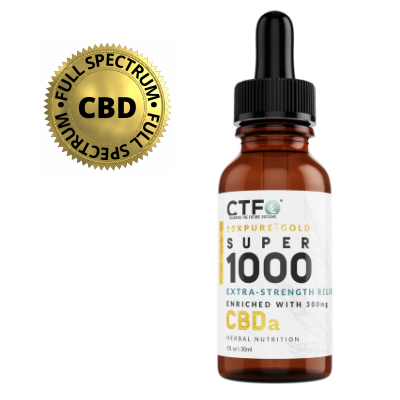The Age-Old Secrets of Herbs and Spices in Promoting Longevity
Introduction to historical uses of herbs and spices
Today we’re going to have a look at herbs and spices for health and longevity. Herbs and spices have been used for centuries for various purposes, including culinary, medicinal and even spiritual. In ancient times, herbs and spices were highly valued for their medicinal properties and were used to treat a wide range of ailments.
For example, the ancient Egyptians used herbs such as garlic and coriander for their healing properties, while the Greeks and Romans used herbs like mint and thyme for their antiseptic and digestive properties. In addition to their medicinal uses, herbs and spices were also used in religious and spiritual rituals.
For instance, incense made from aromatic herbs and spices was burned in religious ceremonies in many cultures around the world. Furthermore, herbs and spices have long been used to enhance the flavor of food. The use of herbs and spices in cooking can be traced back to ancient civilizations such as the Mesopotamians who used spices like cumin and coriander to flavor their dishes.
Over time, the use of herbs and spices in cooking spread to other cultures and today they are an essential part of cuisines around the world. Overall, the historical uses of herbs and spices are diverse and have played an important role in shaping human culture and society.
Antioxidants in herbs and spices and their role in health
Antioxidants are compounds found in herbs and spices that play a crucial role in promoting good health. They are known for their ability to neutralize harmful free radicals in the body, which can cause damage to cells and contribute to various diseases, including cancer, heart disease and aging.
Herbs and spices such as turmeric, cinnamon, oregano and cloves are particularly rich in antioxidants, including vitamins C and E, flavonoids and polyphenols. These antioxidants have been shown to have anti-inflammatory, anti-cancer and anti-microbial properties and can help protect the body from oxidative stress. Incorporating a variety of herbs and spices into your diet can help increase your antioxidant intake and support overall health.
Research also suggests that antioxidants in herbs and spices may also have a positive impact on brain health, immune function and metabolism. The inclusion of antioxidant-rich herbs and spices in a balanced diet can contribute significantly to a healthy and vibrant lifestyle.
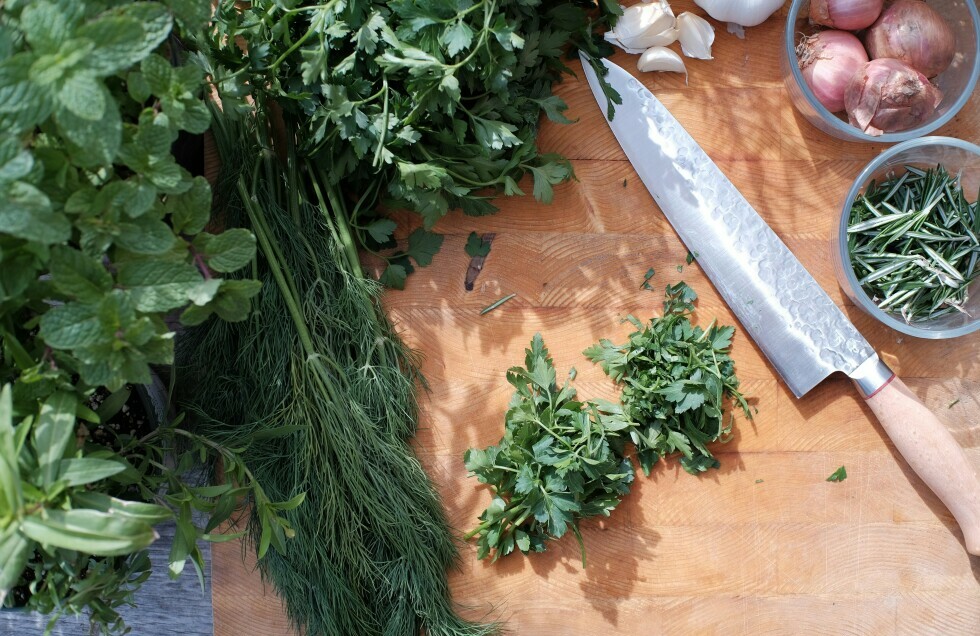
Popular herbs and spices with anti-inflammatory properties
Herbs and spices have been used for centuries not only to add flavor to food, but also for their potential health benefits. Many herbs and spices are known for their anti-inflammatory properties, which can help reduce inflammation in the body and alleviate symptoms of various conditions.
Some popular herbs and spices with anti-inflammatory properties include turmeric, ginger, cinnamon, garlic and cayenne pepper. Turmeric, in particular, contains a compound called curcumin, which has been shown to have powerful anti-inflammatory effects. Ginger, on the other hand, contains gingerol, a substance with similar anti-inflammatory properties.
Cinnamon is also known for its anti-inflammatory and antioxidant properties, which can help reduce inflammation and oxidative stress in the body. Garlic, with its active ingredient allicin, has been found to have anti-inflammatory effects as well. Cayenne pepper, with its capsaicin compound, can also help reduce inflammation and pain.
Incorporating these herbs and spices into your diet can not only enhance the flavor of your meals, but also provide potential anti-inflammatory benefits for your overall health. However, it’s important to note that while these herbs and spices may have anti-inflammatory properties, they should not be used as a replacement for medical treatment for inflammatory conditions. Always consult with your healthcare provider before making any changes to your diet or treatment plan.
Case studies highlighting the longevity of populations using specific herbs generously
There have been numerous case studies conducted on populations that have shown exceptional longevity and health benefits from the use of specific herbs. One such example is the Okinawa population in Japan, which has one of the highest rates of centenarians in the world. The Okinawans have been known to consume a diet rich in herbs such as turmeric, mugwort and bitter melon, which are believed to contribute to their longevity.
Another example is the Hunza people in the Himalayas, who are also known for their longevity and good health. They have been found to use herbs like garlic, ginger and basil in their daily cooking which are believed to have contributed to their overall well-being.
These case studies provide valuable insights into the potential benefits of incorporating specific herbs generously into one’s diet for promoting longevity and overall health. It is important to note that while these case studies provide interesting correlations, more research is needed to establish a direct cause-and-effect relationship between the consumption of specific herbs and longevity. Nonetheless, these findings have sparked interest in the potential of herbs to contribute to a longer and healthier life.
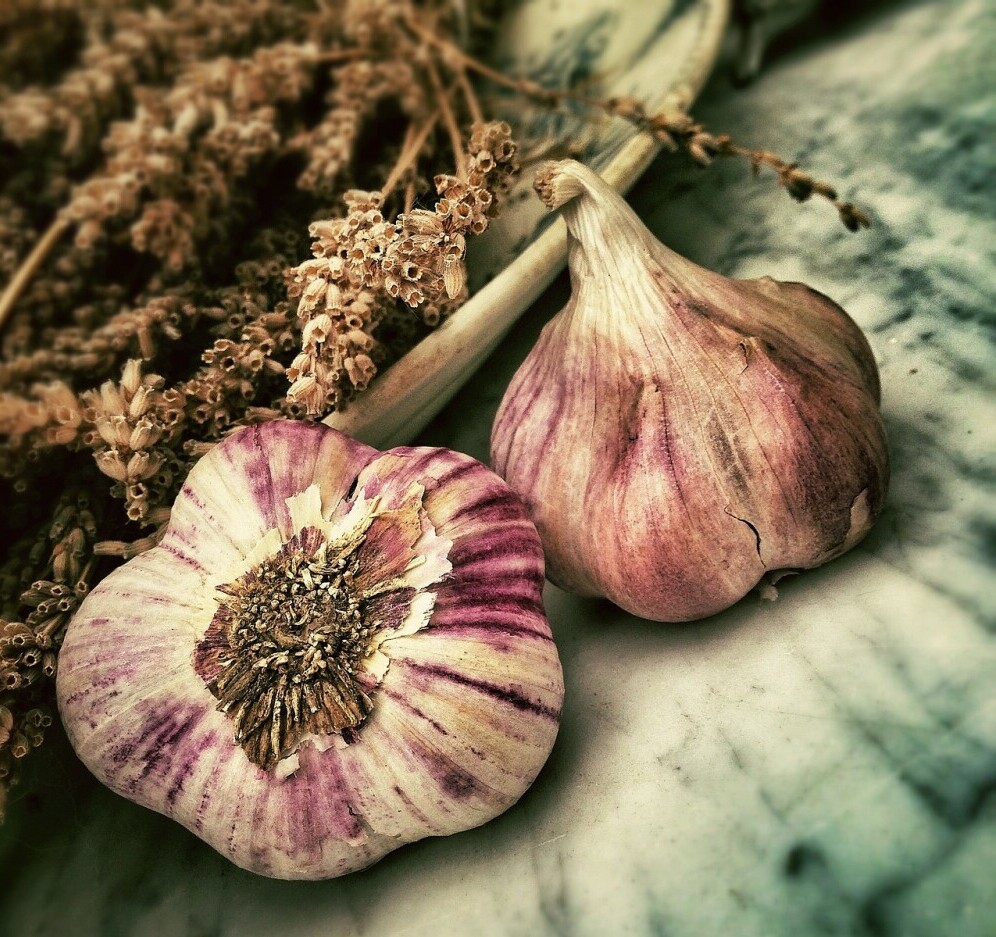
How to incorporate herbs and spices into your daily diet for health benefits
Herbs and spices are not only used to enhance the flavor of your food, but they also contain a variety of medicinal properties that can help improve overall health. For example, turmeric, a bright yellow spice commonly used in Indian cuisine, contains a compound called curcumin, which has powerful anti-inflammatory and antioxidant effects.
Adding turmeric to your dishes can help reduce inflammation in the body and protect against chronic diseases. Similarly, ginger, another popular spice, has been shown to aid in digestion, reduce muscle pain and lower blood sugar levels. By incorporating ginger into your meals or drinking ginger tea, you can experience these health benefits.
Other herbs and spices such as cinnamon, garlic and oregano also offer a range of health-promoting properties. Cinnamon, for instance, has been linked to improved blood sugar control and reduced risk of heart disease, while garlic is known for its immune-boosting and antibacterial properties. Oregano, on the other hand, is rich in antioxidants and has been shown to have anti-inflammatory and anti-cancer effects.
To incorporate these herbs and spices into your daily diet, consider using them in cooking, adding them to smoothies, or brewing them into teas. You can also experiment with different spice blends and herb-infused oils to add variety to your meals. By making these simple changes, you can enjoy the delicious flavors of herbs and spices while reaping their health benefits.
Understanding the Science: How Herbs and Spices Can Enhance Your Health
The chemistry behind the health benefits of herbs and spices
The chemistry behind these health benefits is complex and varies depending on the specific herb or spice in question. Many herbs and spices contain compounds known as phytochemicals, which are naturally occurring chemicals found in plants. These phytochemicals have been studied for their potential to have antioxidant, anti-inflammatory and anti-cancer properties.
For example, turmeric contains the compound curcumin, which has been shown to have powerful anti-inflammatory effects. Similarly, garlic contains allicin, a compound that has been studied for its potential to lower cholesterol and blood pressure.
The health benefits of herbs and spices also extend to their ability to improve digestion, boost the immune system, and even potentially prevent certain diseases. Understanding the chemistry behind these health benefits can help to shed light on the potential mechanisms by which herbs and spices may exert their positive effects on health.
In addition, it can help to guide future research into the potential therapeutic uses of these natural compounds. The chemistry behind the health benefits of herbs and spices is a fascinating and rapidly evolving field of study that holds great promise for the future of natural medicine.
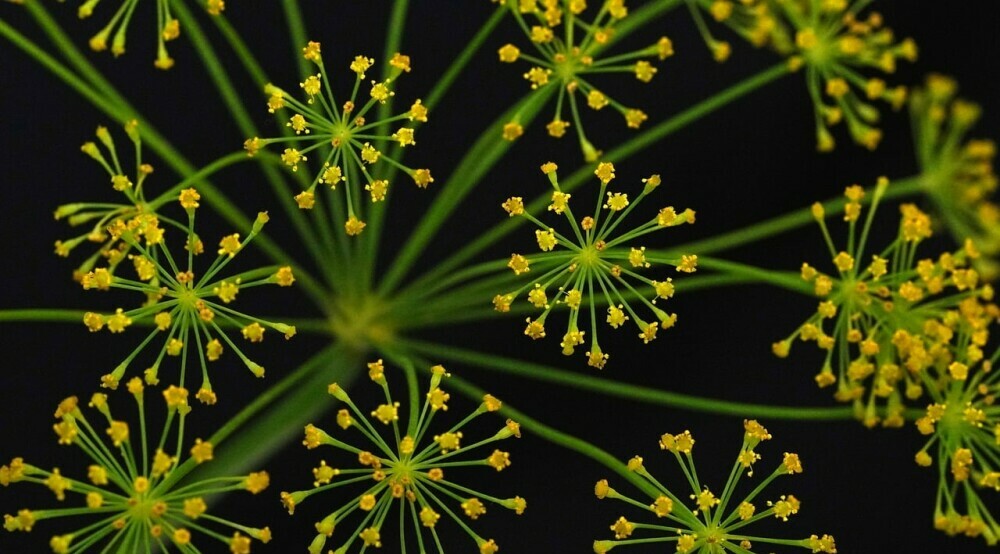
Detailed look at specific herbs and spices and their health-promoting compounds
Herbs and spices have been used for centuries not only to enhance the flavor of food but also for their potential health-promoting properties. Many of these plants contain compounds that have been shown to have various health benefits, such as anti-inflammatory, antioxidant and antimicrobial properties.
For example, turmeric contains curcumin, which has been studied for its potential to reduce inflammation and oxidative stress in the body. Ginger is another herb that has been found to have anti-inflammatory and antioxidant effects, which may help to support overall health.
Garlic contains allicin, a compound that has been shown to have antimicrobial properties, and may help to support the immune system. These are just a few examples of the many herbs and spices that have been studied for their potential health-promoting compounds.
It is important to note that while these compounds show promise in research, more studies are needed to fully understand their potential health benefits and to determine the best ways to incorporate them into a healthy diet.
Synergy between various herbs and spices and their combined effects
The synergy between various herbs and spices can have a profound impact on the overall health and well-being of individuals. When combined, certain herbs and spices can have a greater effect on the body than when used individually.
For example, the combination of turmeric and black pepper has been shown to increase the bioavailability of curcumin, the active compound in turmeric, by up to 2000%. This means that the body is able to absorb and utilize curcumin more effectively when it is paired with black pepper.
Similarly, the combination of garlic and oregano has been found to have powerful antibacterial and antifungal properties, making it an effective natural remedy for fighting off infections. The combination of cinnamon and fenugreek has been shown to help regulate blood sugar levels in individuals with diabetes.
Overall, the synergistic effects of combining various herbs and spices can have a significant impact on health and wellness, making them a valuable addition to a balanced and nutritious diet.
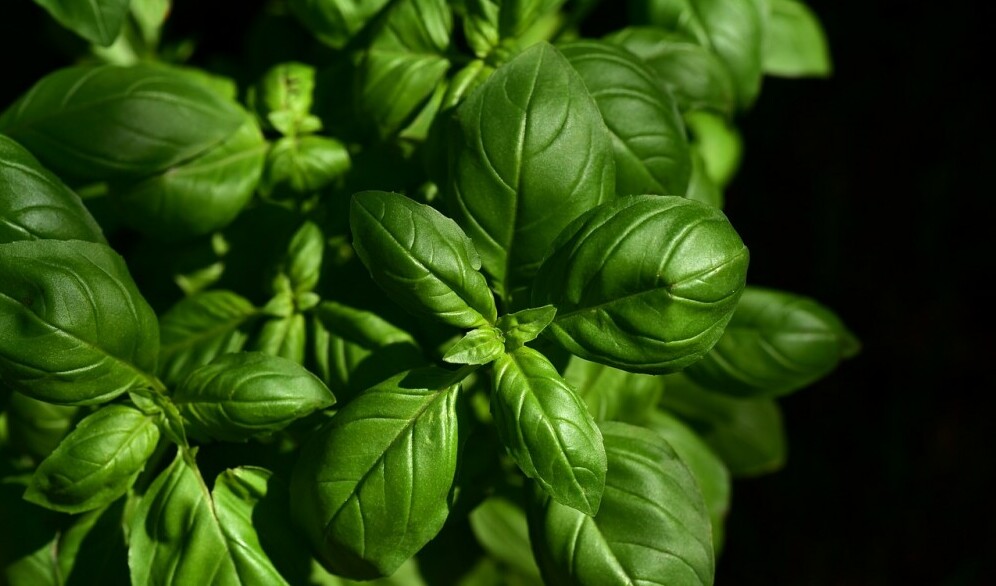
The interaction of herbs and spices with medications and health conditions
The interaction of herbs and spices with medications and health conditions is a complex and important aspect of healthcare. Many people turn to natural remedies like herbs and spices to complement their medical treatments, but it’s crucial to be aware of the potential interactions between these natural substances and prescription medications.
Some herbs and spices can interfere with the effectiveness of certain medications, while others can exacerbate health conditions or cause adverse reactions. For example, St. John’s wort, a popular herb used for depression, can reduce the effectiveness of birth control pills and some HIV medications.
Similarly, turmeric, a common spice used for its anti-inflammatory properties, can interact with blood thinners and increase the risk of bleeding. It’s essential for individuals to consult with their healthcare providers before incorporating herbs and spices into their treatment regimens, especially if they are taking prescription medications or have underlying health conditions.
Healthcare professionals should be knowledgeable about potential herb-drug interactions and be proactive in discussing these with their patients to ensure their safety and well-being. By understanding the interactions of herbs and spices with medications and health conditions, individuals can make informed decisions about their healthcare and minimize the risk of adverse effects.
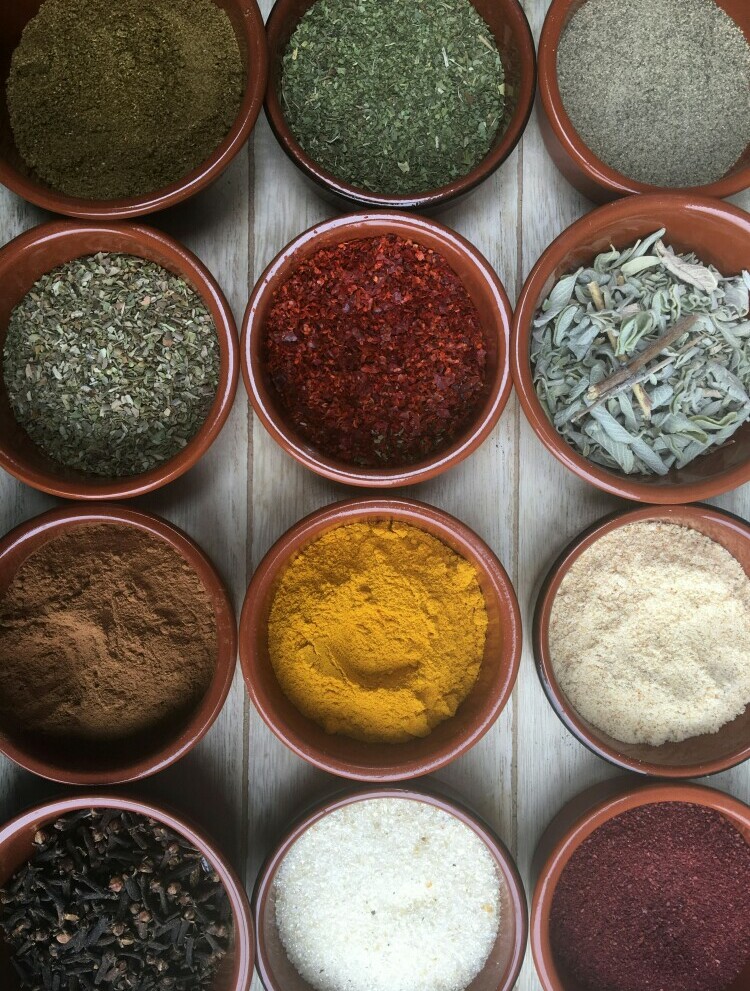
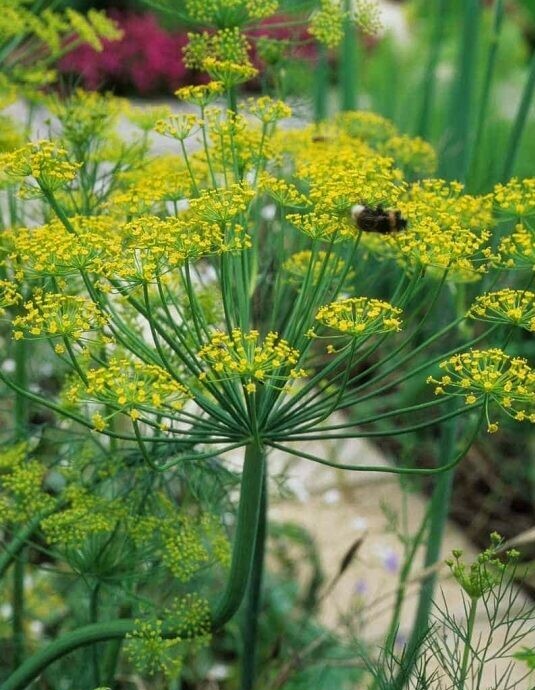
I hope you will benefit from this short article on herbs and spices for health and longevity. If you have questions or would like to comment please do so in the ‘Leave a Reply’ section at the bottom of the page. Finally, if you would like to participate in the 65 and Fabulous community please enter your name and best email in the form below.

Grant Rayner
Eliminate chronic pain with CBDa. Click on the image below to learn more.
